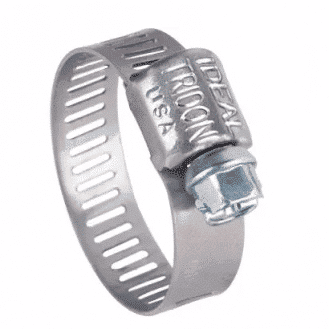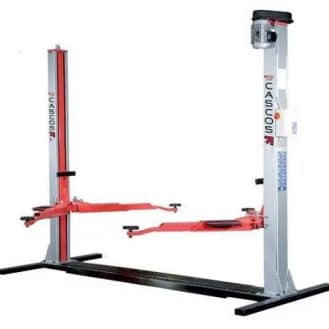To achieve the best possible fixation of the assembly, it is essential to choose a washer with the correct diameter, taking into account the diameter of the screw in particular. Both the inner diameter and the outer diameter of the washer must be taken into account.

Essentra Components flat washer
Inner diameter
Should be as close as possible to the diameter of the screw, but without preventing the washer from sliding easily.
Outer diameter
The larger the outer diameter of the washer, the greater the contact surface between the elements of the assembly. The advantages are many: this prevents deformation, distributes the load evenly, protects the surface of the part, and guarantees greater stability for the assembly.
Washers have standardized diameters.







